Erdogan: Syria offensive could expand as far as Iraq border
President Recep Tayyip Erdogan says Turkey may extend its operation against the Afrin region in Syria to other cities as far east as the Iraqi border.
Addressing provincial leaders from his ruling Justice and Development Party on Friday, the Turkish leader vowed to "clean up" the city of Manbij, east of Afrin, also held by US-backed YPG militants.
“We will continue our fight until there is no terrorist on our border leading to Iraq,” Erdogan said.
Erdogan held phone talks with US President Donald Trump late on Wednesday. The US said Trump had urged Turkey to "limit its military actions" but a Turkish official said the US statement did "not accurately reflect the content" of the call.
On Friday, the Turkish leader criticized Washington's call for the operation to be "short" and "limited" in scope.
"How long has Afghanistan lasted? Nearly 20 years. How long has it lasted in Iraq? Nearly 18 years!" Erdogan said.
Turkey views Syrian Kurdish militants as allies of the Kurdistan Workers’ Party (PKK) militant group, which has been fighting a separatist war against Ankara for decades.
The offensive began days after the US said it will work with Kurdish militants to set up a 30,000-strong force inside Syria near the Turkish border.
Ankara first deployed troops to northern Syria in August 2016 after Kurdish militants refused to withdraw from the Syrian territory they had seized from Daesh.
Amid the increasingly complex theater of war in northern Syria, the Kurds on Thursday pleaded with Damascus to deploy troops to secure the borders of the Afrin area in the face of the Turkish invasion.
Damascus has decried both the American and Turkish presence on its soil as infringement on its territorial sovereignty.
Vienna talks
On Friday, Vienna was hosting the second day of UN-sponsored talks on Syria, with warring factions discussing key issues like governance, drawing up a new constitution and holding elections.
The first day saw UN Special Envoy for Syria Staffan de Mistura holding separate talks with delegations from both sides which he said were “very very critical moment”.
The negotiations are meant to find a peaceful way out of the violence plaguing Syria since 2011.
A tandem process has also been underway since early 2017, with Turkey, Iran, and Russia as mediators. Turkey sides with anti-Damascus militants in the parallel talks, while the other two countries represent the Syrian government.
The talks began in the Kazakh capital of Astana, leading to establishment of four de-escalation zones across the Arab country. They are to continue later in the month in the Russian resort city of Sochi.
The UN has described the Astana negotiations as contributory to the mechanism monitored by the world body.
Israel kills 5 more paramedics in southern Lebanon: Health ministry
Iran to launch ‘new, advanced’ centrifuges in response to IAEA resolution: AEOI
Yemen fires hypersonic missile at Israeli airbase
VIDEO | New Delhi chokes under toxic smog as air quality remains at hazardous levels
VIDEO | Press TV's news headlines
VIDEO | ICC's arrest warrant for Netanyahu to worry Western politicians: Former British diplomat
Iranians protest against Israel after Netanyahu ICC warrant
Germany undecided on complying with ICC arrest warrants for Israeli war criminals




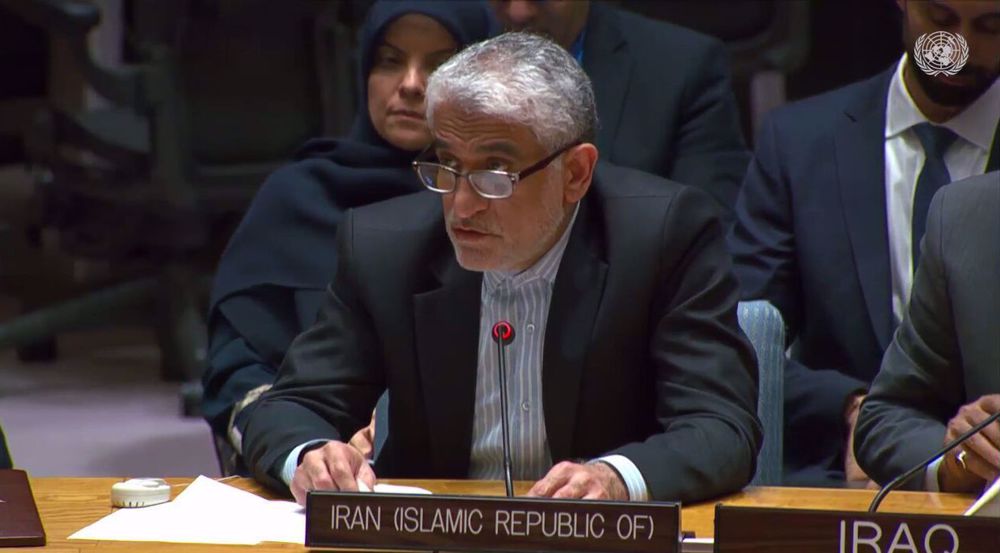
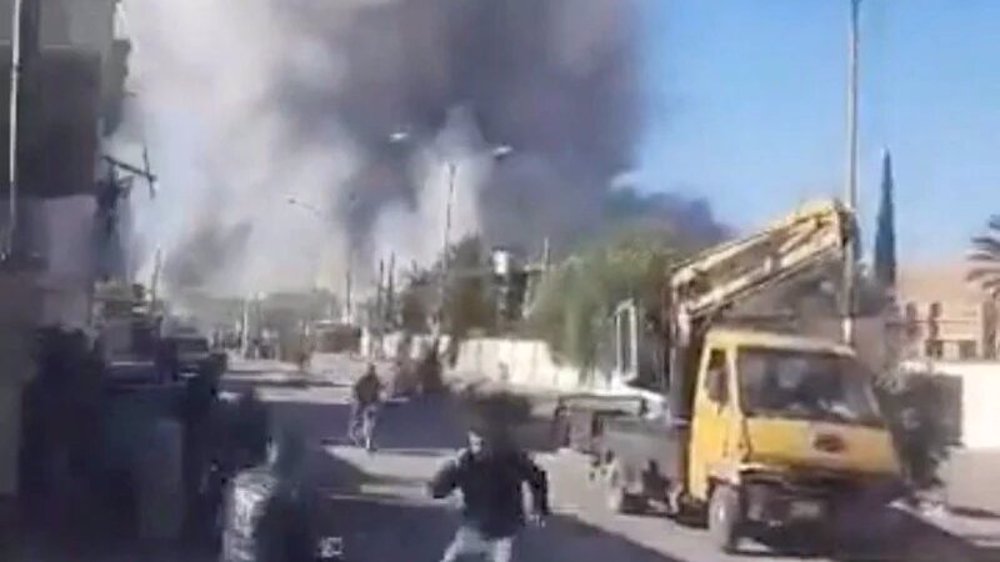
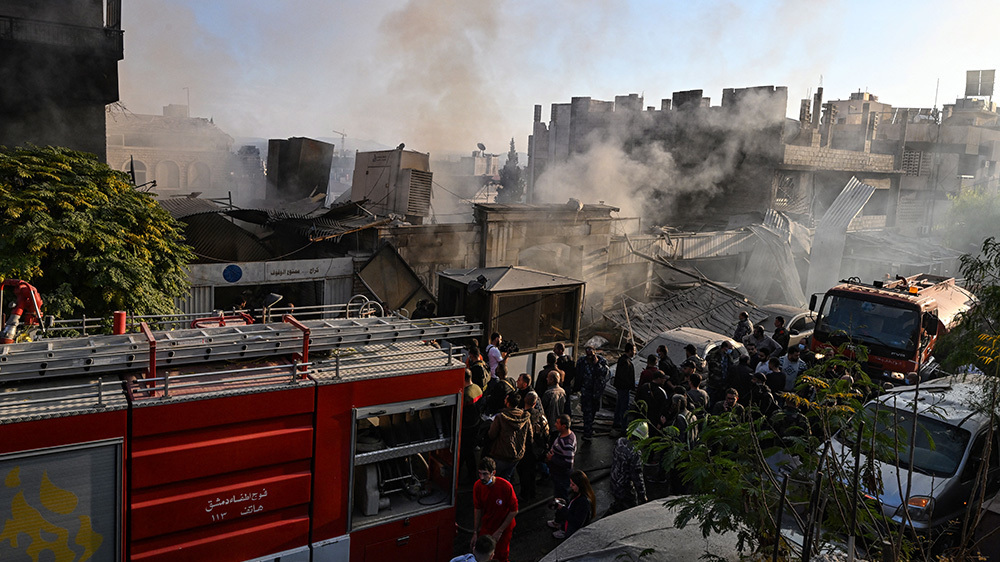




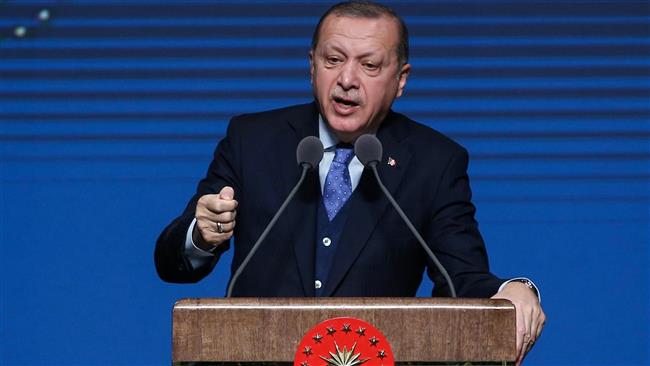
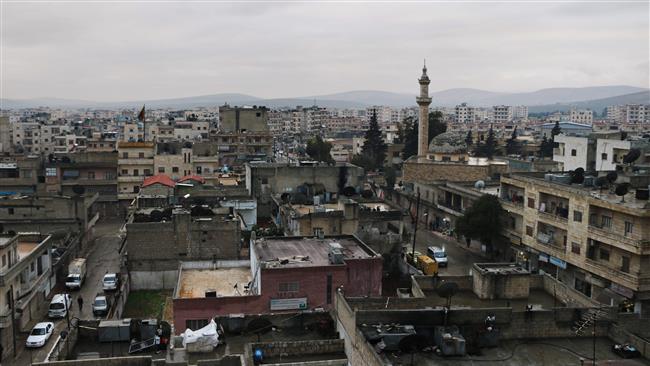

 This makes it easy to access the Press TV website
This makes it easy to access the Press TV website